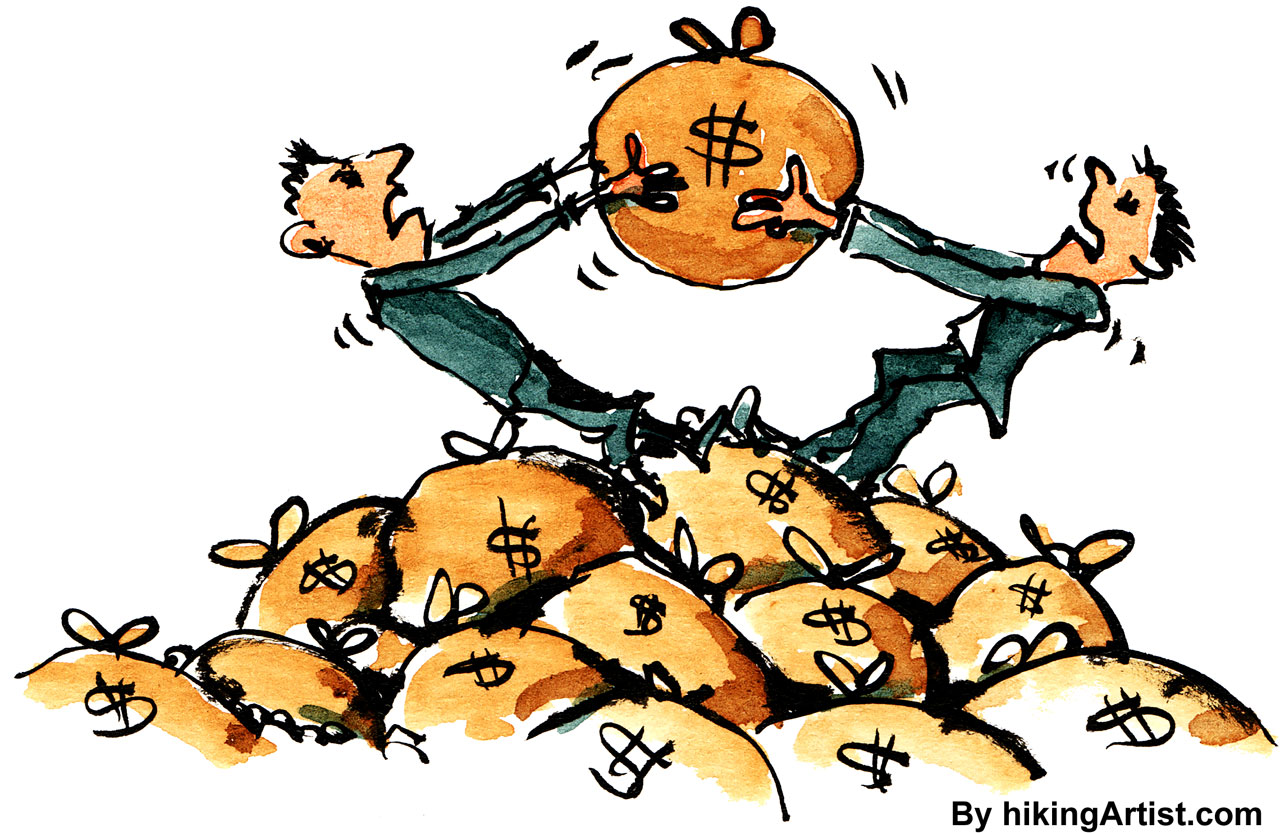The infamous 2010 Citizens United ruling introduced big money to politics. Through unlimited sums of money during the election campaigns, wealthy donors can sway the votes. But the problem may not be around the unlimited sums of money but the ‘non-disclosure’ part of it.
In a 2015 poll, 87% of the respondents wanted to reduce the excessive influence of wealth in politics and put the power of a rich person on par with a common voter.
Before 2010, the financing of election campaigns was strictly controlled under the campaign finance law, which restricted corporations and unions from making any kind of donations and limited individuals to contributing $2500. In September 2009, the EMILY’s List v. Federal Election Commission case paved the way for independent non-profit groups or political groups to spend significantly more money on campaign activities.
In January 2010 in the Citizens United v. Federal Election Commission (FEC) case, the Supreme Court ruled that the government couldn’t restrict corporations and unions from spending unlimited money to support or oppose any political candidates.
Following the Citizens United Case, in March 2010 the federal appeals court allowed the political committees making independent expenditures (spending not coordinated with or directed by a candidate’s campaign) to accept the unlimited size of donations in the SpeechNow.org v. FEC case.
These cases allowed large amounts of money to enter politics through outside spending groups like super PACs and dark money groups. Both these groups are allowed to spend unlimited sums of money and are prohibited from coordinating any activities with the candidate or the candidate’s campaign. Through TV advertisement, social media, and movies, they can advocate for or against a candidate.
One big difference in super PACs and dark money groups is public disclosure. Super-PACs are legally bound to reveal the list of donors to the Federal Election Commission, but the same does not hold true for dark money groups. Dark Money groups work in the shadows of political non-profits and Limited Liability Companies (LLCs) and do not have to publically disclose the source of funds. Super PACs can also accept donations from dark money groups and in such cases, avoid the public disclosure of donors.
Such outside spending can often exceed the candidates’ own spending, and in 2016, there have been 8 such races, according to the Center for Responsive Politics.
The total outside spending with no disclosure of donors (excluding party committees) has also risen at an alarming rate. Over a decade, spending by organizations that do not disclose their donors has increased at nine times – from $5.17 million in 2006 to $50.03 million in 2016.
The big money in politics exhibits the significant influence few wealthy lobbyists and special interest groups can have in Washington. Between January and March 2015 when fast-tracking the Trans-Pacific Partnership deal (TPP) was being debated in the Senate, corporate members of the US Business Coalition for TPP spent around $1.14 million on campaign contributions to US Senate campaigns.
In the 2013-2014 election cycle, the financial sector had spent more than $1.4 billion through campaign spending and lobbying to influence decision-making in Washington.
But the amount of big money flooding campaigns is only a small part of a much bigger problem. The real problem lies in the fact that secret and unaccountable sums of money influence some crucial decisions in the White House through their elected candidates, that may adversely impact a common voter.
